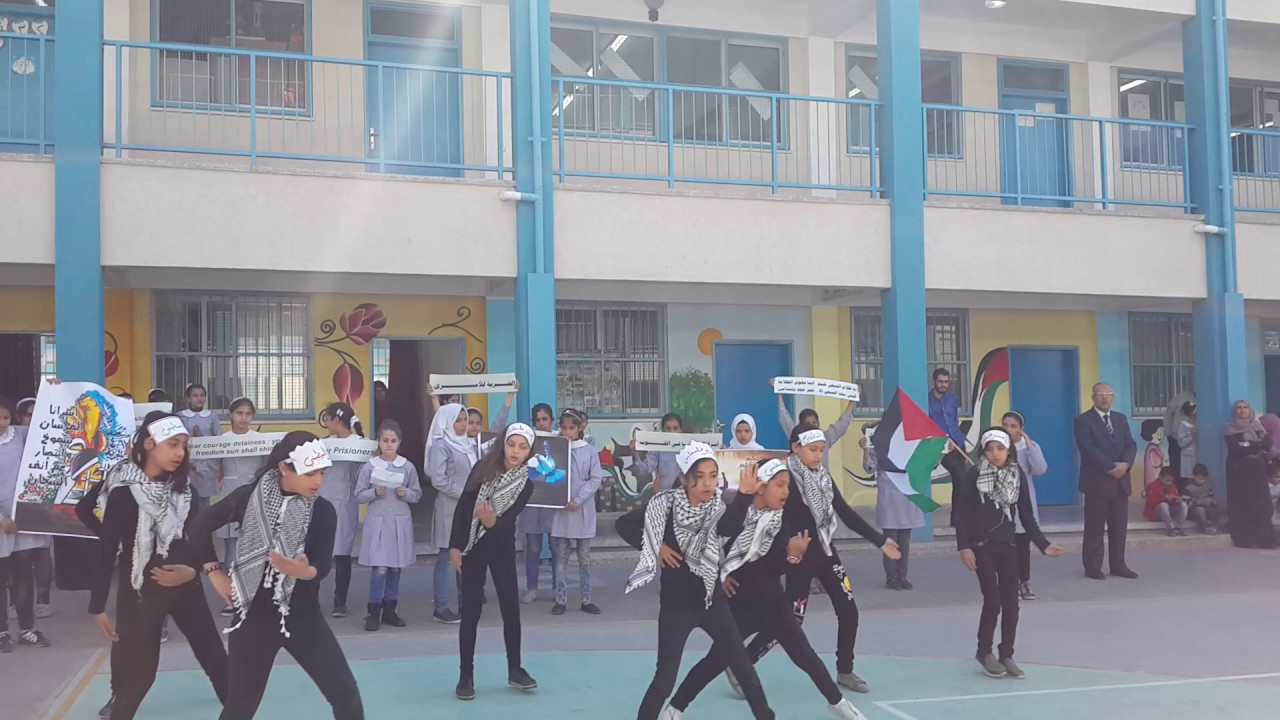The Americans understand the importance of Israel’s victory over Hamas in Gaza, but their stated desire to avoid getting dragged into a regional war and have Israel end major combat operations even before completing the takeover of the entire strip encourages Iran and its proxies to continue gradually escalating their use of force, in the hope that the administration will stop Israel.
By Yossi Kuperwasser
A decisive victory in the complex campaign against Iran and its proxies requires a clear outcome in Gaza, as well as Israeli unity. The multi-front war – with Iran and its proxies, chiefly Hamas, backed by the Muslim Brotherhood (Qatar, Turkey, and their supporters worldwide) on the one hand, and Israel, the US, and parts of Western support on the other hand – has been going on for close to three months now. Each front has its own unique characteristics, derived from how the war began, the considerations of the actors involved, and their capabilities.
According to Defense Minister Yoav Gallant, Israel is fighting on seven fronts (Gaza, Lebanon, Syria, Judea and Samaria, Yemen, Iraq, and Iran), but in practice, the world stage forms another arena, and this is where Israel is fighting to maintain American backing as well as for the legitimacy of its actions and existence, and against antisemitism.
Ending the major combat operations before this goal is achieved just because we’ve reached a predetermined point in time (end of January?) will allow Hamas to claim that it forced Israel to effectively change its war goals in practice, and will encourage supporters of the terrorist organization who set themselves the goal of ensuring Hamas’ survival in Gaza, even if only in a small part of its territory. As long as Hamas controls the Gazan side of the Rafah crossing and is perceived by the population as a governing entity, it would be able to claim it had managed to survive, and by implication – won.
It is also important to drive home the message – in talks with the US – that defeating Hamas requires creating a reality in the strip that will not allow terrorists to rear their heads. Therefore, not only Hamas but also the weak and corrupt Palestinian Authority is unsuitable to take over responsibility for Gaza post-war: It remains committed to the armed conflict against Israel, encourages terror (through incitement and payment of salaries to imprisoned terrorists), and sees Hamas as a legitimate organization that should be part of the leadership.
This is not a war of choice; it has been forced upon Israel, and which began under extremely difficult opening conditions. And for that very reason, both Israel and the US must end it in victory. Achieving this requires several conditions. The first and most important is a clear defeat of Hamas in Gaza and the release of the captives. This means Israeli control at the end of high-intensity fighting over the entire area, including Rafah and the Philadelphi Route (excluding perhaps international management of displaced persons in secured areas designated to ensure the safety of the population during the mopping-up stage, which will likely last several months).
Gaining control over the entire area will also give Israel the necessary leverage to release the captives. As long as Hamas is not convinced that Israel is determined to eliminate its presence in Gaza, it has no interest in giving up its main asset, other than in return for an Israeli commitment to refrain from completing the takeover of the strip.
The second condition is reaching an understanding with the American administration that this is the US war almost to the same extent as it is Israel’s: Continuation of the current state of affairs on all fronts will damage its standing in the region and globally, and exacerbate threats to the security of American citizens and Washington’s interests. The Americans understand the importance of Israel’s victory over Hamas in Gaza, but their stated desire to avoid getting dragged into a regional war and have Israel end major combat operations even before completing the takeover of the entire strip encourages Iran and its proxies to continue gradually escalating their use of force, in the hope that the administration will stop Israel.
Defeating Hamas and convincing the US that this is also a war over the regional and global order – and translating this into a willingness to win – are key in the effort to exert diplomatic pressure on Iran, Hezbollah, the Houthis, and the pro-Iranian militias, and for effective military force against them if necessary.
This is the condition to create a new security reality along the northern border that will give residents a sense of security and allow them to return home; this is the condition to secure shipping through the Bab al-Mandeb strait; this is the condition to curb Iran’s nuclear program, which has again accelerated during the war; and this is the condition to promote efforts to establish a pragmatic regional center of gravity with normalization between Israel and Saudi Arabia at its core. Israel and the US need each other in these arenas, and Israel must dive home this interdependence and mutual benefit to ensure Washington’s commitment to achieving common goals.
Israel’s ability to meet the two conditions for victory will be greatly impacted by its ability to shake off the self-induced blindness that characterized its attitude towards its enemies’ intentions and display internal unity. This is not only the clear message communicated by the troops and the fallen, but also a strategic imperative. The greater and clearer the unity, the easier it will be for Israel to harness its capabilities and American support in order to achieve its war aims.









